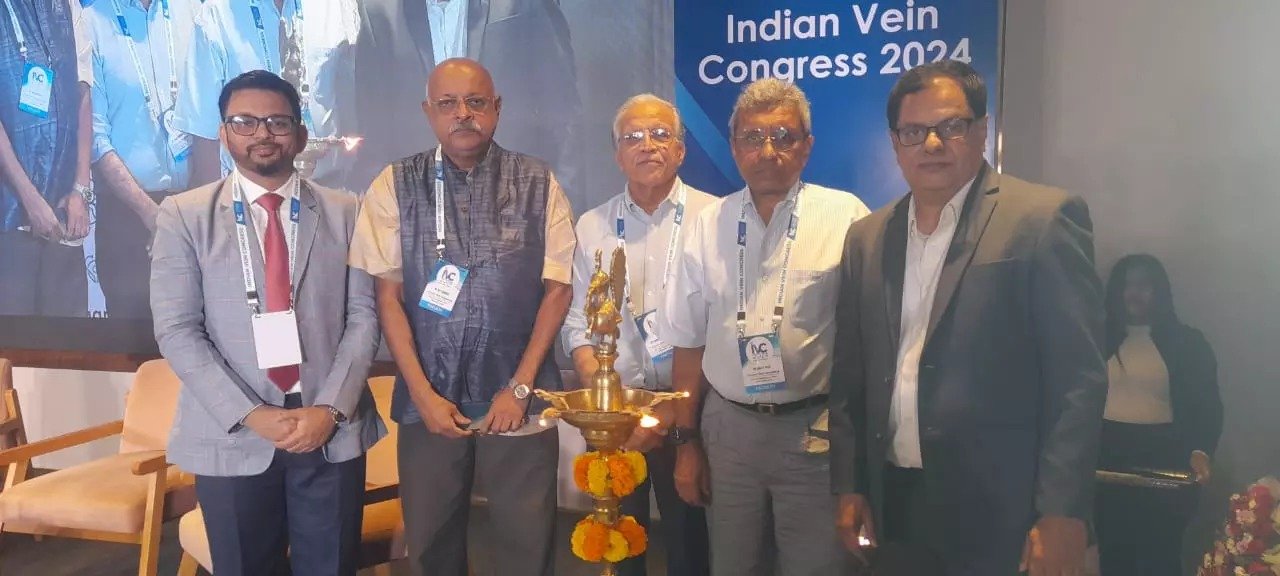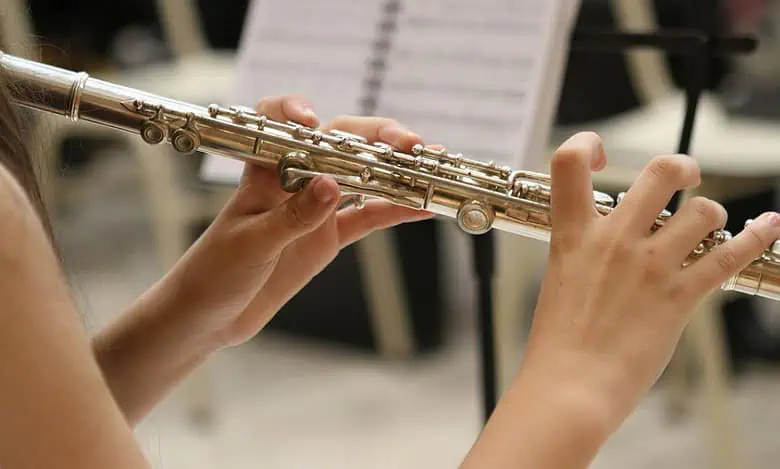The World Bank’s collaboration with Telangana marks a significant milestone in the state’s development journey. By supporting critical projects such as the Musi River rejuvenation, the development of a Skill University, and the Hyderabad 4.0 initiative, the World Bank is helping to drive socio-economic transformation in the region. These initiatives are expected to create a more sustainable, inclusive, and prosperous future for Telangana, setting an example for other states in India and beyond.
World Bank’s Strategic Partnership with Telangana: A Catalyst for Socio-Economic Transformation
In a landmark collaboration, the World Bank has committed to supporting a series of ambitious projects in Telangana, aimed at fostering significant socio-economic development in the region. These initiatives, which include the rejuvenation of the Musi River, the establishment of a Skill University, and the advancement of the Hyderabad 4.0 initiative, are expected to drive sustainable growth, enhance education and skill development, and position Hyderabad as a leading global city. This partnership underscores Telangana’s commitment to inclusive growth and the World Bank’s confidence in the state’s potential to set new benchmarks in development.
Musi River Rejuvenation: Restoring Ecological Balance
One of the most critical projects under this collaboration is the rejuvenation of the Musi River. The Musi River, which once flowed through Hyderabad as a lifeline for the city, has over the years, suffered from severe pollution and environmental degradation. The rejuvenation project aims to restore the ecological balance of the river, making it a clean and sustainable water source for the city.
The World Bank’s involvement in the Musi River project is expected to bring in global expertise in river rejuvenation and environmental management. The project will focus on reducing pollution levels, improving water quality, and enhancing the riverfront to make it a vibrant public space. The initiative will also involve the construction of sewage treatment plants, the development of green belts along the riverbanks, and the restoration of natural habitats.
Beyond the environmental benefits, the rejuvenation of the Musi River is poised to have a transformative impact on Hyderabad’s urban landscape. By reclaiming the river as a central element of the city’s identity, the project will contribute to improving the quality of life for residents, promoting tourism, and boosting the local economy.
Development of a Skill University: Empowering the Workforce of Tomorrow
Another cornerstone of the World Bank-Telangana collaboration is the development of a Skill University. Recognizing the need to equip the workforce with relevant skills in a rapidly evolving global economy, this initiative aims to provide world-class education and training in a wide range of disciplines.
The Skill University will focus on bridging the gap between industry requirements and the skills possessed by the workforce. By offering specialized courses in areas such as information technology, advanced manufacturing, healthcare, and green technologies, the university will play a crucial role in enhancing the employability of the youth in Telangana. The curriculum will be designed in collaboration with industry leaders to ensure that students are equipped with the practical skills and knowledge needed to thrive in the job market.
The World Bank’s support for this project will ensure that the Skill University adheres to global standards in education and training. The university will also emphasize research and innovation, fostering a culture of continuous learning and adaptation to new technologies. This initiative is expected to create a skilled workforce that can drive Telangana’s economic growth and position the state as a hub for innovation and industry.
Hyderabad 4.0 Initiative: Building a Smart and Sustainable City
The Hyderabad 4.0 initiative, another key project supported by the World Bank, is designed to transform Hyderabad into a smart, sustainable, and future-ready city. As cities around the world grapple with the challenges of rapid urbanization, Hyderabad 4.0 aims to leverage cutting-edge technologies to improve urban infrastructure, enhance public services, and ensure sustainable development.
At the heart of the Hyderabad 4.0 initiative is the integration of digital technologies into the city’s infrastructure. This includes the development of smart transportation systems, the deployment of Internet of Things (IoT) devices for efficient resource management, and the use of big data analytics to improve decision-making in urban planning. The initiative will also focus on enhancing public safety through the use of smart surveillance systems and improving healthcare delivery through telemedicine and digital health platforms.
Sustainability is a key pillar of the Hyderabad 4.0 initiative. The project will promote the use of renewable energy, encourage energy-efficient buildings, and implement waste management solutions that minimize the city’s environmental footprint. The World Bank’s involvement will ensure that global best practices in smart city development are incorporated into the project, making Hyderabad a model for other cities in India and around the world.
Impact on Socio-Economic Development
The collaboration between the World Bank and Telangana is expected to have far-reaching impacts on the region’s socio-economic development. By addressing critical issues such as environmental sustainability, skill development, and urban infrastructure, these projects will contribute to creating a more resilient and inclusive economy.
Job Creation and Economic Growth: The projects supported by the World Bank are expected to generate significant employment opportunities, both during the construction phase and once they are operational. The Skill University, in particular, will play a key role in creating a highly skilled workforce that can drive economic growth in Telangana.
Improved Quality of Life: The rejuvenation of the Musi River and the development of smart infrastructure under the Hyderabad 4.0 initiative will enhance the quality of life for residents. Cleaner air and water, improved public services, and better connectivity will make Hyderabad a more livable city, attracting talent and investment.
Environmental Sustainability: The focus on sustainability in all three projects will ensure that Telangana’s development is environmentally responsible. The Musi River rejuvenation project, in particular, will help restore ecological balance and protect natural resources for future generations.
Global Recognition: The successful implementation of these projects, with the support of the World Bank, will position Telangana as a leader in sustainable development and smart city innovation. This will attract further investment and strengthen the state’s reputation on the global stage.

The World Bank’s collaboration with Telangana marks a significant milestone in the state’s development journey. By supporting critical projects such as the Musi River rejuvenation, the development of a Skill University, and the Hyderabad 4.0 initiative, the World Bank is helping to drive socio-economic transformation in the region. These initiatives are expected to create a more sustainable, inclusive, and prosperous future for Telangana, setting an example for other states in India and beyond.
As these projects unfold, Telangana will not only experience immediate benefits in terms of job creation, economic growth, and improved quality of life, but will also lay the foundation for long-term sustainable development. The partnership between the World Bank and Telangana is a powerful testament to what can be achieved when global expertise and local vision come together to address the challenges and opportunities of the 21st century.
Last Updated on August 9, 2024 4:55 pm by Admin



